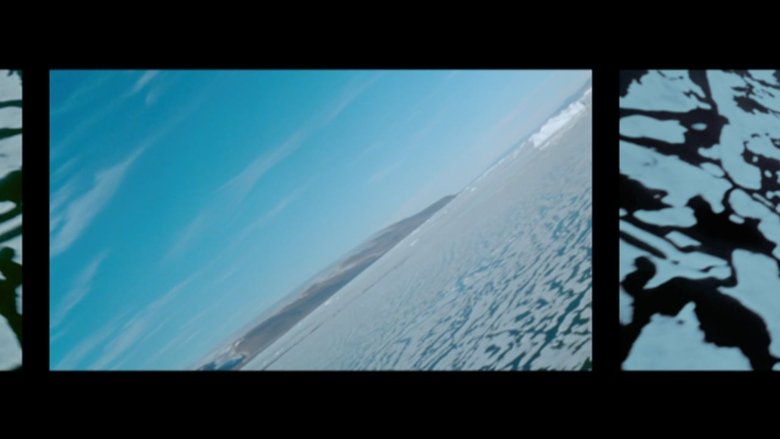Polar Life
Cinema Expo 67
Genres
Documentary
OverView
Polar Life’s novelty was its theatre, with the audience seated on a central rotating turntable in the middle of eleven fixed screens. Viewers have described the intricate juxtaposition of screen images and narration and the complex relationship created between moving spectators and multiple screens. Documentation images and scripts of the bilingual narration by Lise Payette and Patrick Watson show elaborate temporal and spatial representations of the Arctic and Antarctic regions: the Inuit in daily activities in the Canadian North; other northern peoples of Alaska, Lapland, and Siberia; and settlers from the South, scientists, explorers, and other inhabitants of the landscape, including reindeer, bears, and birds. Archival film footage of early northern explorers, combined with newly shot documentary footage, was edited across the various screens to create spatial relationships that are sometimes coherent, sometimes fragmented.
Others
Budget
$--
Revenue
$--
Status
Released
Original Language
English
Runtime
18 mins
Rating
0/10
Release Date
22 April 1967
Country
Canada


